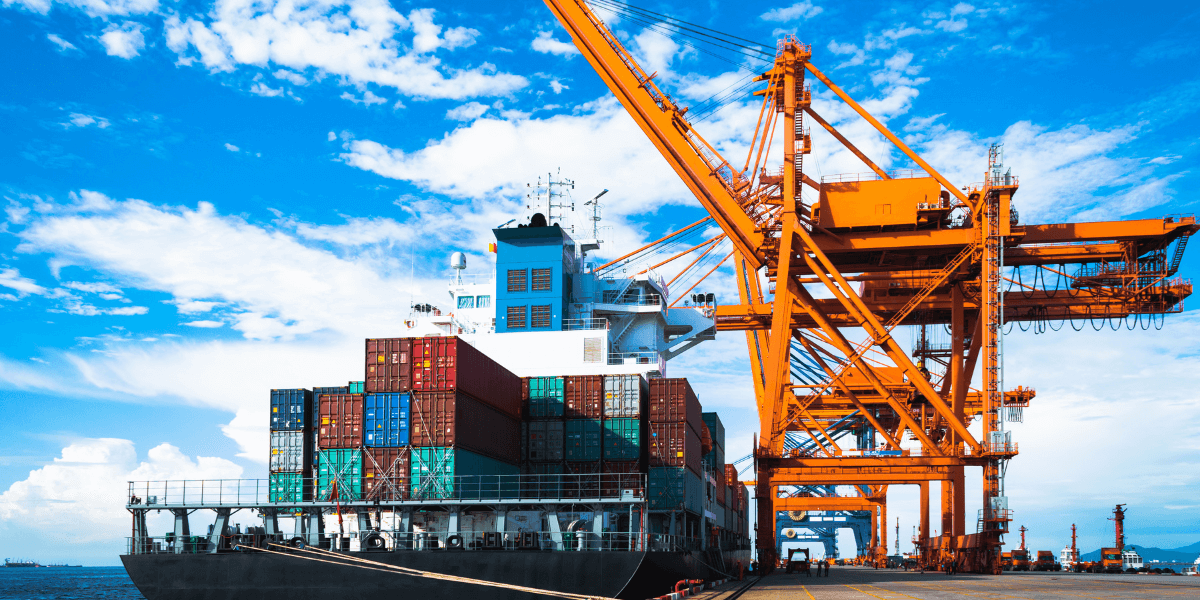
Challenges in Modern Supply Chain
Along with Covid-19, the global supply chain has been affected recently by several challenges that have tested the resilience and flexibility of supply chain management. One of the most pressing challenges has been the shortage of materials and parts, which has caused disruptions across industries, from automotive and electronics to construction and healthcare.
The shortage has been caused by a combination of factors, including increased demand, supply chain disruptions, and production shutdowns
during the pandemic. As a result, companies have been forced to find alternative suppliers, redesign their products, or delay their
production schedules, leading to higher costs, lower productivity, and missed opportunities.
Another challenge has been the transportation bottleneck caused by the mismatch between supply and demand for shipping containers, trucks, and air cargo. The pandemic has caused a surge in e-commerce and home deliveries, which has led to a shortage of shipping containers and increased congestion at ports and airports.
At the same time, many truck drivers and airline crews have been sidelined by the pandemic, which has reduced the capacity and efficiency
of the transportation network. As a result, companies have had to pay higher transportation costs, deal with longer lead times, and face
the risk of shipment delays and losses.
The Role of Satellite Internet in Supply Chain Management
So, how exactly does satellite internet technology fit into the incredibly complex process that is the
global supply chain? With the increasing demand for high-speed connectivity in remote areas, satellite internet has become an integral
part of the modern supply chain. The ability to transmit data over long distances and in remote areas where traditional communication
networks are not available has opened up a whole new world of possibilities for businesses that rely on the supply chain.
Satellite internet technology enables real-time tracking of shipments and helps companies optimize logistics and inventory management. With the ability to track shipments from any location, businesses can monitor inventory levels, plan delivery schedules, and ensure that products reach their intended destination on time.
Satellite internet also plays a crucial role in disaster management and relief efforts. In times of crisis, when traditional communication networks are down, satellite internet can provide a lifeline for first responders, aid organisations, and governments to coordinate their efforts and deliver essential supplies to affected areas.
The Benefits of Technology in The Global Supply Chain
Let's look at what areas of the supply chain benefit from satellite internet. The supply chain management industry is highly competitive,
and businesses must look for ways to increase efficiency, reduce costs, and improve customer satisfaction.
-
Real-time monitoring - With satellite internet, businesses can monitor their supply chain operations from anywhere in the
world. This means they can quickly identify and address any issues, preventing delays and disruptions.
-
Efficiency and automation - Satellite internet enables businesses to automate many supply chain processes, increasing
efficiency and reducing the risk of errors. This includes everything from tracking shipments to managing inventory levels.
-
Improved supply chain visibility - Satellite internet gives businesses greater visibility into their supply chain
operations. This allows them to make better-informed decisions, optimise their supply chain processes, and improve customer satisfaction.
-
Fast delivery times - By leveraging satellite internet, businesses can optimise their delivery routes and reduce delivery
times. This is particularly important for businesses operating in remote areas where traditional internet access is unavailable.
-
Monitor stock levels - Satellite internet enables businesses to monitor their inventory levels in real time. This means
they can quickly identify when stock levels are running low and restock before running out of critical items.
-
Greater accuracy - With satellite internet, businesses can track their shipments and inventory with greater accuracy. This
reduces the risk of errors and ensures that the right products are delivered to the right place at the right time.
- Increased security - Satellite internet provides businesses with a secure and reliable internet connection. This is particularly important for businesses that deal with sensitive or confidential information.
What Industries Benefit?
Some key industries that will benefit from streamlined supply chain management are manufacturing, retail, healthcare, and food production. In the manufacturing industry, efficient supply chain management is crucial to ensuring that the suitable materials and components are available at the right time for production. Manufacturers can reduce lead times, minimise inventory levels, and improve production capacity and product quality by optimising supply chain operations. This can result in cost savings, increased competitiveness, and faster time-to-market for new products.
The retail industry also benefits significantly from streamlined supply chain management, enabling retailers to respond quickly to changes in consumer demand, reduce stockouts, and increase inventory turnover. By implementing efficient supply chain practices, retailers can minimise transportation costs, shorten delivery times, and improve demand forecasting accuracy. This can ultimately lead to higher customer satisfaction and increased sales.
In the healthcare industry, supply chain optimisation can significantly impact patient outcomes. Healthcare providers can improve patient safety, reduce waste, and save costs by ensuring that medications, medical supplies, and equipment are available when and where they are needed. Streamlined supply chain management also helps reduce the risk of counterfeit drugs and medical devices, which can seriously threaten patient health.
Finally, the food production industry also benefits from efficient supply chain management. By optimising supply chain operations, food
producers can improve the quality and safety of their products, reduce food waste, and meet regulatory requirements. Efficient supply chain
practices can also ensure that perishable goods are delivered to consumers while fresh, leading to increased customer satisfaction and
loyalty.


